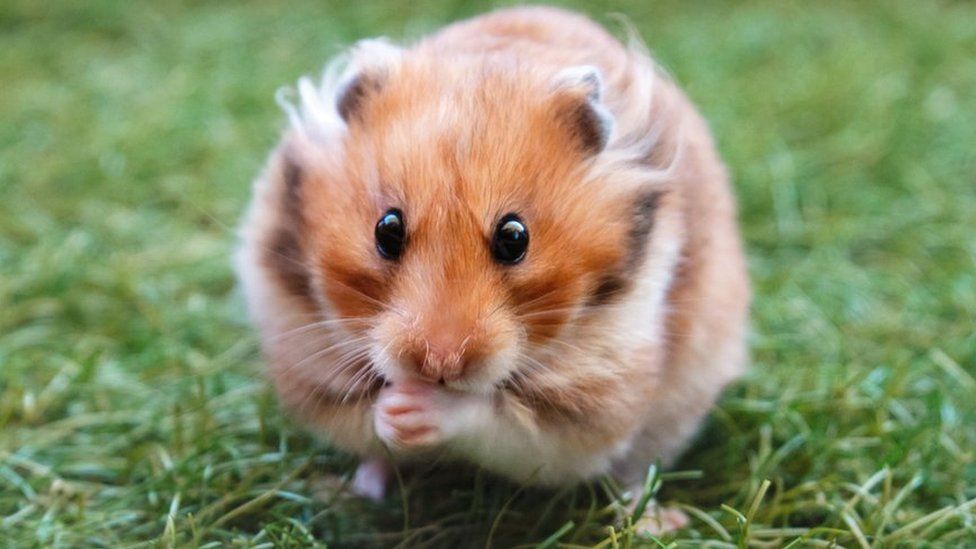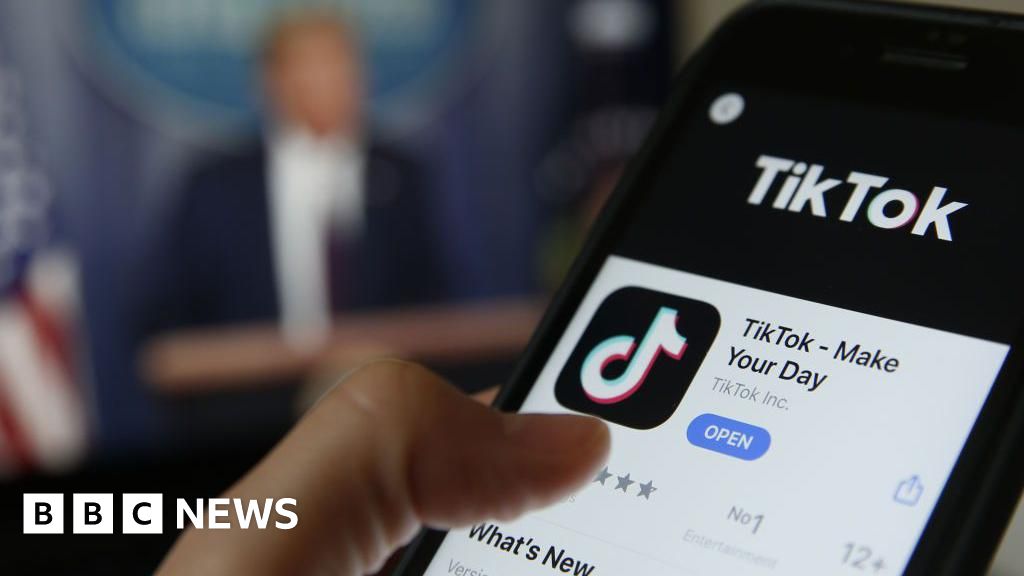ARTICLE AD BOX
 Image source, Getty Images
Image source, Getty Images
By Annabelle Liang
Business reporter
Hong Kong is set to lift its year-long ban on the import of hamsters later this month as it unwinds some of the world's toughest Covid restrictions.
The city's Agriculture, Fisheries and Conservation Department (AFCD) told the BBC the rodents will be tested for the virus.
Last year officials said around 2,000 animals would be culled to stop the spread of Covid.
The move came after an outbreak of infections at a pet shop.
A spokesperson for the AFCD said it planned to lift the import ban in mid-January.
"Our staff will arrange to collect samples from hamsters and other small mammals for Covid-19 testing. They can only be sold if the test results are negative," the spokesperson said.
They added that this was because studies had found the animals could contract the virus and pass it to humans.
"If such imports are to resume the hamsters need to be handled with consideration [and] given the best care possible during transport and quarantine," a spokesperson from the Society for the Prevention of Cruelty to Animals in Hong Kong said.
Rodent row
Hong Kong banned the import of hamsters last year after an outbreak of the Delta variant of Covid-19 was linked to a worker at the Little Boss pet shop in the city.
It prompted officials to test hundreds of animals in the shop for coronavirus. Eleven hamsters that had been imported from the Netherlands tested positive.
Officials said they believed this could have been a case of animal-to-human Covid transmission, and said around 2,000 hamsters and other small animals would be culled as a "preventative measure".
At the time thousands of people signed a petition against the decision to put down the animals.
"Subsequent testing of humans and hamsters confirmed that there was transmission of Covid-19 from hamsters to humans," Vanessa Barrs, a professor of companion animal health at the City University of Hong Kong told the BBC.
"The situation was very sad, but the government acted out of an abundance of caution at that time," she added.
The virus that causes Covid, Sars-Cov-2, can be caught by animals including dogs, cats and hamsters, which are all commonly kept as pets. But there is no clear evidence that pets can easily pass the infection to humans.
Louis Yeung, owner of the Chinchilla & Pets Shop in Hong Kong, said he had handed over 22 hamsters to be culled by the authorities last year.
He told the BBC that he hopes to start selling the pets again once import restrictions are lifted.
"Since January 2022, our business has been bad. The hamsters are popular pets to lots of people, especially children," he said.
Opening up
People arriving in the city, which is a special administrative region of China, no longer have to do mandatory PCR tests.
A vaccine pass system was also scrapped, although people were still required to wear masks in public places.
It was a dramatic move by the city, which once had some of the most stringent Covid-19 restrictions in the world.
You may also be interested in:
An animal welfare charity is urging Londoners not to abandon their pets.

 2 years ago
30
2 years ago
30








 English (US) ·
English (US) ·